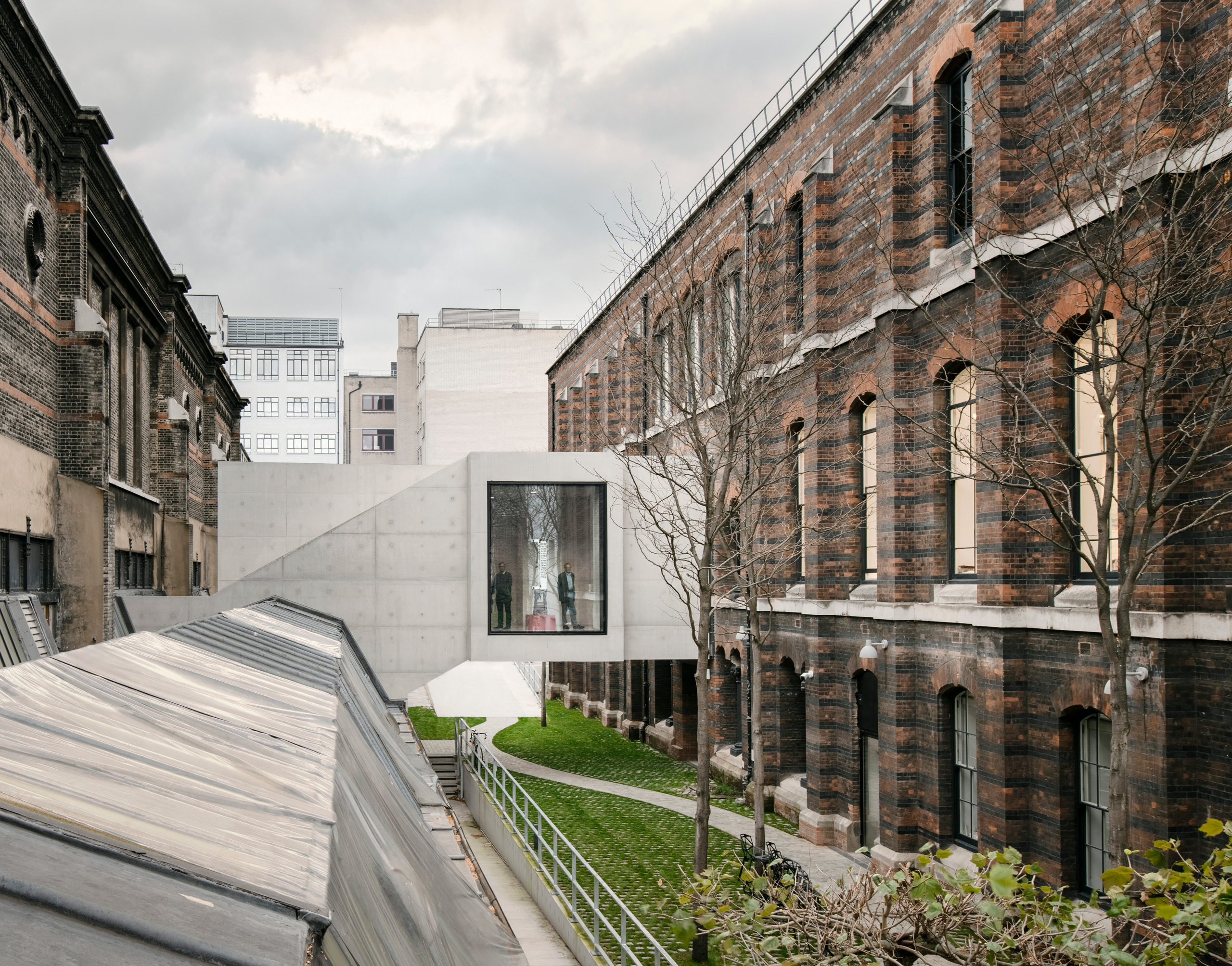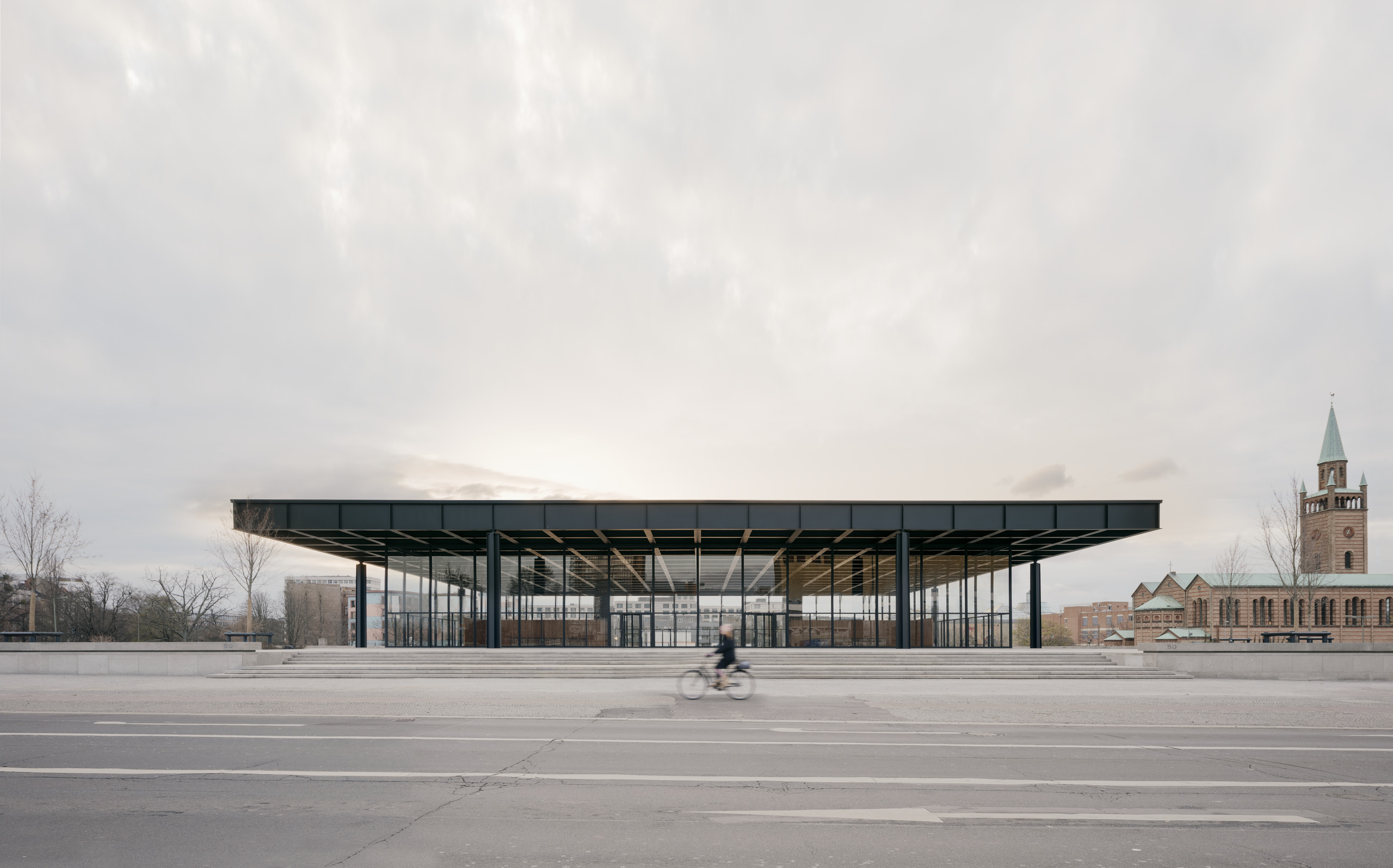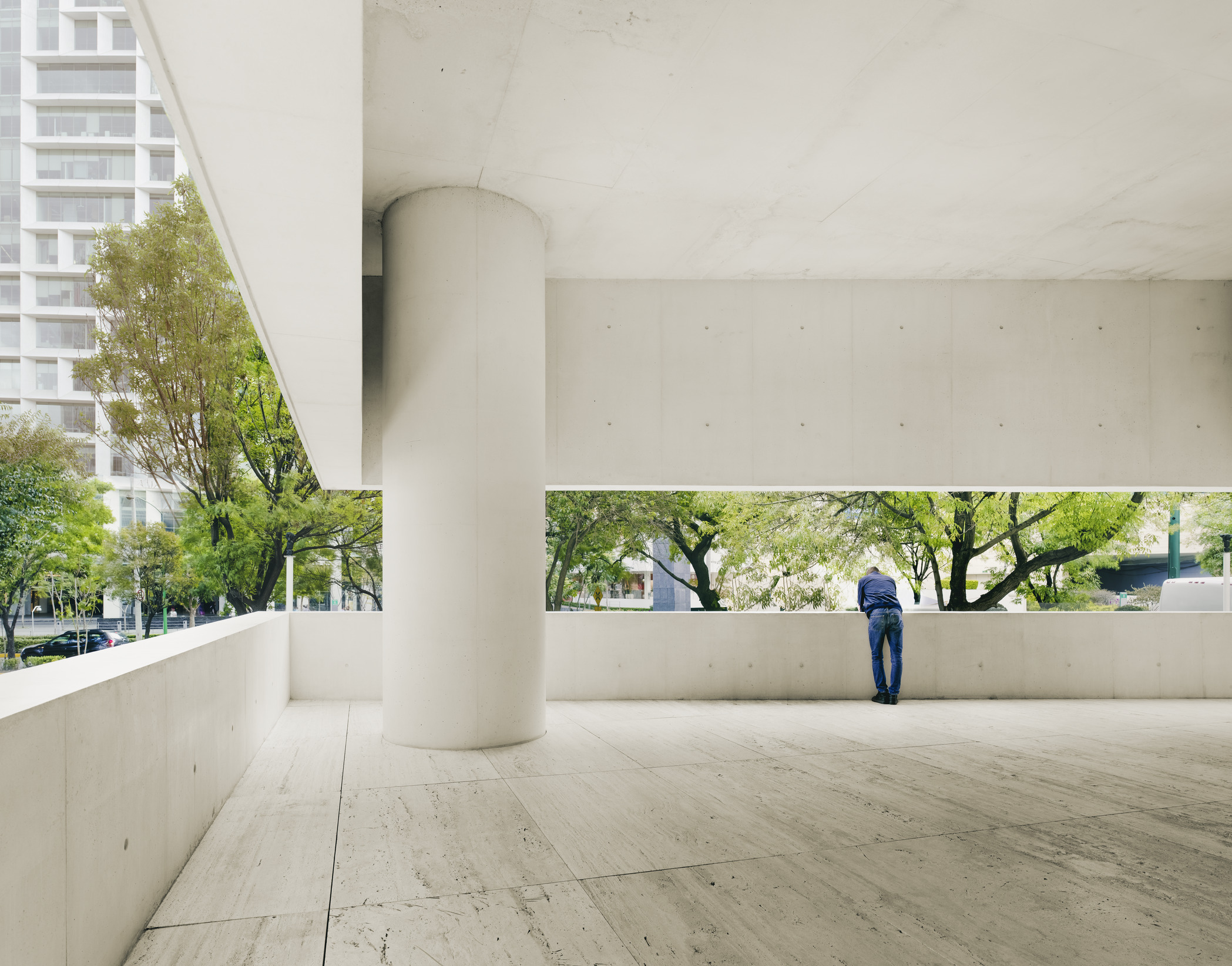"I've spent most of my life working in other people's cities," says David Chipperfield, whose architectural practice has offices in London, Berlin, Milan and Shanghai. "So I have to justify why I'm there. You have a responsibility, you can't just be a carpetbagger. You have to show that you can bring something."
"I've spent most of my life working in other people's cities," says David Chipperfield, whose architectural practice has offices in London, Berlin, Milan and Shanghai. "So I have to justify why I'm there. You have a responsibility, you can't just be a carpetbagger. You have to show that you can bring something."
As one of the most esteemed architects in the cultural realm, with successes such as the stunning conversion of Berlin's Neues Museum, Chipperfield hardly needs to prove what he can bring. And, for once, London is about to experience the proof of that genius, when his remaking of the venerable Royal Academy of Arts opens on May 19.
But before we get on to talking about that, when we meet in a central London restaurant, we somehow plunge straight into deeper issues about his profession, and his concerns about today's cities.
"I think architecture is in a sort of crisis," he says. "We've lost our social purpose. What we are seeing now is construction as a product of investment. We are building a lot, but we are building big investment projects, as if we're doing architecture without architecture. It's more about investment than it is about urbanism. We used to be involved in planning and building cities, building societies. But now we are discussing housing as if it were a strange product like washing machines or something, when in fact houses are what you build a state with.
"Why is it a housing crisis, why isn't it a housing opportunity? People are not saying: what do we need? What kind of housing do we need? What kind of environment do we want?" With his quiet, rather gravelly voice, Chipperfield has a way of delivering radical ideas with a grave demeanour that lends authority but does not draw any of the sting.
"It's no accident that we [the British] are building more than anyone, it's because we are less regulated, we have the weakest planning structures," he says. "We've taken our planning functions away as much as possible, to facilitate the free market. Money likes to go into land, and buildings are valuable whether you live in them or not. I don't think you can just blame rich foreigners who buy expensive apartments, they're not the cause, they're the evidence."
With offices across the world, commissions from Seoul to Stockholm and homes in London, Berlin and Galicia, Spain, Chipperfield might seem to be the paradigm of the globetrotting architectural superstar, dotting the planet with trophy projects. But his commitment to the societal mission of his work runs deep.
"Why should architecture just be for museums and expensive housing projects? What about schools? As it is, we do jewels. The special, privileged moments when society says, 'OK, we can have architecture there.' I am lucky enough to do cultural jewels, and to build architecture which has societal presence - cultural institutions by definition come with that programme. But most of the time you're out there without your United Nations hat on, just trying to establish the right of these values to exist.
"What's weird is that we all know what a great city is like. I could get full consensus if I asked a roomful of people, 'Shouldn't we build this type of city?' So how come we're not doing it? We are building horrible cities.''
Cities bring us to talk of Berlin, where 20 years ago Chipperfield established his office, and which is now his second home. Intellectually, perhaps it is more than that.
"Germany is a more aware and reflective society than any other," he says. "They are self- scrutinising, they articulate contemporary issues - just read the newspapers. And culture occupies a role in German society that doesn't exist anywhere else."
Apart from the Neues Museum, in Berlin the practice is engaged in the renovation of Mies van der Robe's Neue Nationalgalerie - a sort of sacred site for architects - and in building the resplendent James Simon Galerie (named after a Jewish businessman-philanthropist), which opens next year on Berlin's Museum Island - another "jewel" in Chipperfield's portfolio.
"The country is rebuilding itself morally and culturally and it's a privilege to be deep in that process. I'm proud of not just [the museum projects] but the responsibilities to certain ideas.
That's something you miss here. Ideas are treated with respect." He suddenly laughs. "What a strange concept!"
"Responsibility" is one of the words Chipperfield uses most often. He quotes from a statute in German law: "Property comes with obligation." It's an integral part of his belief about his professional life, and he is also moving that impulse out of the office. In Galicia, where he and his wife Evelyn have had a house for 15 years, he has galvanised local political support for an initiative that started as an urban planning issue - with high unemployment, young people are leaving the area and buildings stand empty. It has developed into "a sort of local agency that links environmental issues, both the natural environment and the built environment, and economic issues".
"We are the meeting place. Recently we had a discussion on sea products, to talk about seaweed. We got scientists from the university, the fishermen, local mayors who came together (they won't normally do that) ... "
From Galician seaweed and Brexit - anathema to this devoted European - we move on to the next big event in London, the reborn Royal Academy. When, 17 years ago, the venerable institution acquired another large former museum building in Burlington Gardens, which backs on to the sprawling maze of the Royal Academy, they "had to understand what to do with it," Chipperfield says. His master plan to unite and make a coherent whole out of the two, while respecting the history of these 18th-century giants, has been, he explains, "a big project made of small bits".
"The more you work with museums, the more you realise that the responsibility you have is to unlock things, to make things easier. Most museums don't take that as their first mandate: they mostly see the opportunity to 'do architecture'.
Always a complex job - "more about people than about bricks" - this must have been particularly so at the Royal Academy, which Chipperfield laughingly describes as "the Naples of the museum world" because of its unique and antiquated structure. An independent and self


